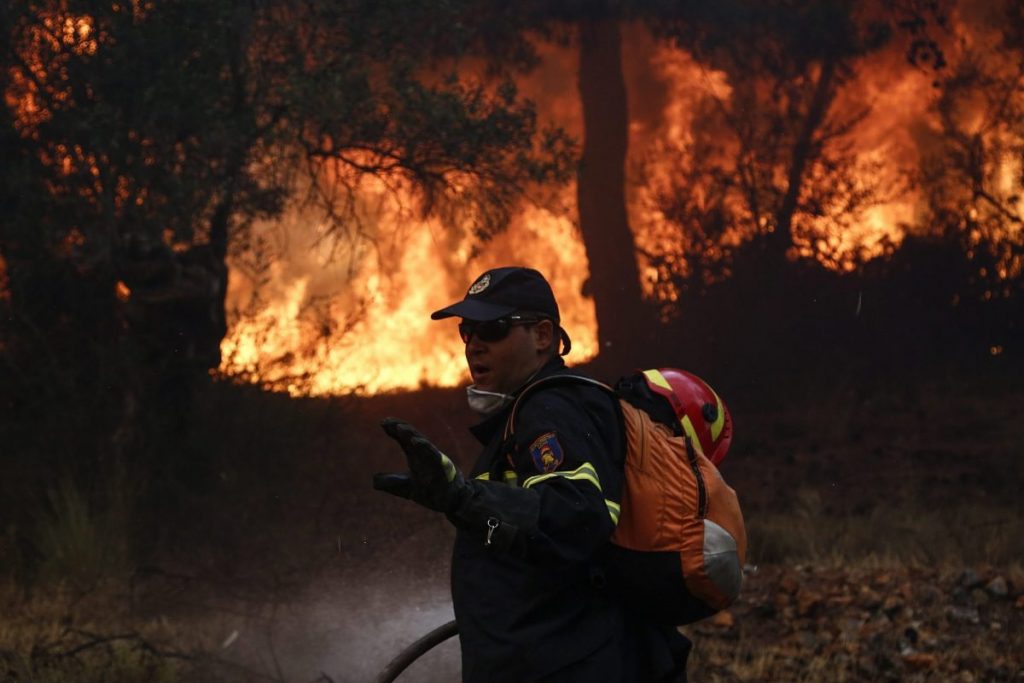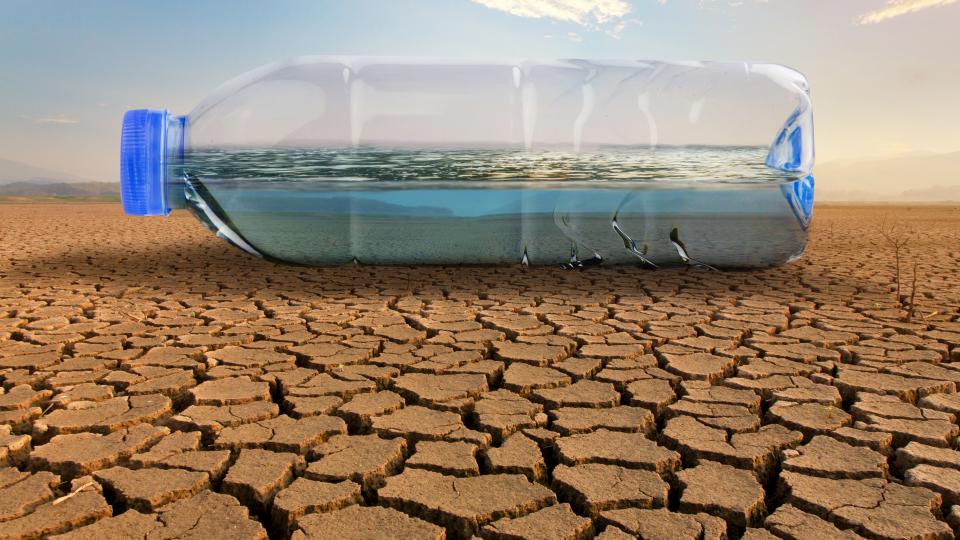Researchers in Greece are set to focus on seven islands—Agathonisi, Amorgos, Thasos, Kasos, Serifos, Sifnos, and Paxoi—in the coming months to assess their current water needs and forecast future demand. The study aims to propose ecohydrological solutions to improve rainwater collection and boost the islands’ water reserves, addressing significant water scarcity issues in some areas.
This initiative marks the second phase of a pilot program that began on the island of Ikaria, assigned to the UNESCO Con-E-Ect Chair’s Interdisciplinary Research Team at Democritus University of Thrace.
The goal is to assist local municipalities in managing water resources more effectively, not only by increasing supply through projects but also by improving demand management, such as enhancing storage and reducing losses, which can reach up to 40%.
Manolis Koutoulakis, Secretary General for the Aegean and Island Policy, noted that over 300 projects have been completed across 75 islands in the past three years.
While desalination is a viable solution, he emphasized the need for ecosystem-based strategies, leading to a three-pronged approach: targeted funding, better understanding of water management on islands, and setting regulations for water cost recovery that consider the social needs of smaller islands.
Professor Dimitrios Emmanouloudis of Democritus University highlighted that technical interventions could fully meet the islands’ water needs through 2030, particularly during peak summer months.
This approach preserves underground water reserves for residents during the off-season, while tourists would receive rainwater instead of desalinated water, enhancing service quality.
Encouraged by previous research results, the new study will begin immediately, focusing on accurately assessing the water needs and future demand for these seven islands using modern computational methods. The islands were selected based on various criteria, including climate, geography, and tourism.
Looking ahead, the long-term goal is to develop a comprehensive understanding of water needs across all small and medium-sized Greek islands, leading to a plan for maximizing water resources and reducing reliance on desalination.
This year, water scarcity has reached critical levels due to unfavorable climatic conditions, with many regions declared in a state of emergency.
Professor Emmanouloudis explained that scarcity occurs when water is available in much smaller quantities than needed by humans, flora, and fauna, often linked to drought but sometimes due to high demand outstripping supply.
This year’s shortage is due to below-average winter rainfall, minimal snowfall, and exceptionally high temperatures since March. These factors have created severe consequences, including increased wildfire risk, threats to agriculture, and negative impacts on human health and economic well-being.
With Greece welcoming over 30 million tourists annually, mostly in summer, island regions face severe hydrological stress.
Emmanouloudis warned that even with new water-saving projects and desalination plants, the situation could become unmanageable beyond a certain number of visitors. He urged the development of a new tourism policy to ensure sustainable conditions for both people and the environment.




